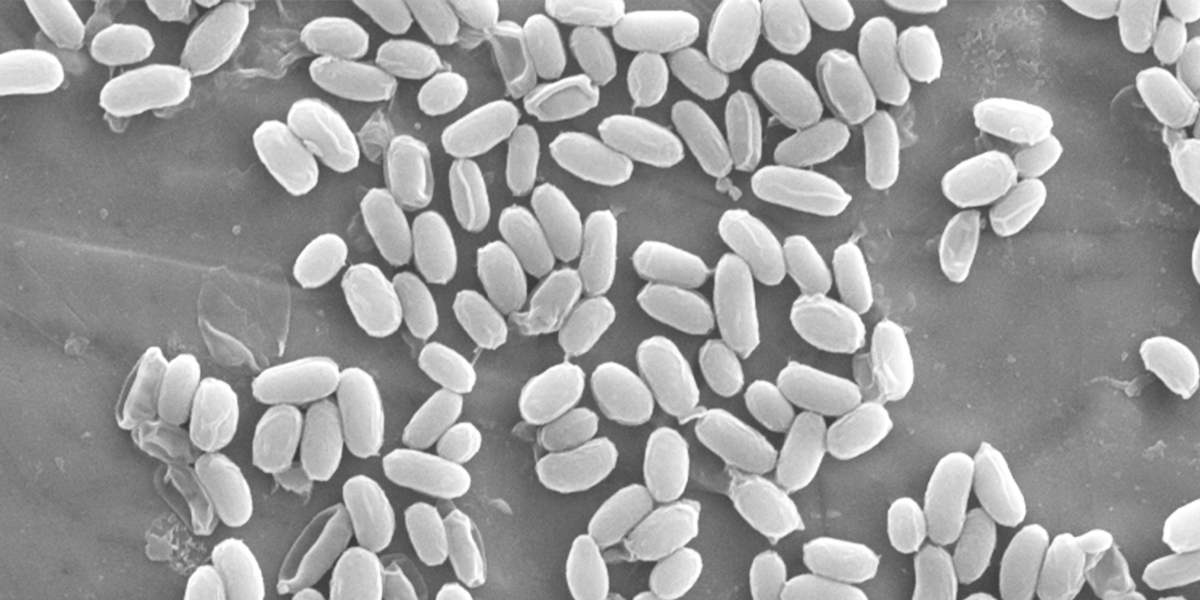VOL 4, ISSUE 5
Will Biological Indicator Spores Contaminate My Production Environment?

By John R. Gillis, Ph.D.
Do I have to be concerned about bringing live spores from a BI into my work environment?
There have recently been a number of questions regarding the use of BIs and a concern about contaminating the work environment. There is a major misunderstanding about this subject. It simply doesn’t happen. There are tens of millions of BIs used every year and have been for the past 30 to 40 years. We haven’t heard about it if it is happening.
Biological indicators packages are designed to protect their integrity after exposure in a sterilizer. This same design feature also prevents the release of spores from inside the package prior to sterilization.
Are there any spores on the outside of the package? There may be a few – very few in fact. Will these create a problem for you – not very likely. Spores are a natural contaminant in all environments that include people. Soil particles containing spores are constantly invading the work environments. These soil particles come in on our shoes, our clothing and our hands. They may even be carried in low numbers in air handling systems. They come in through doorways that open to the outside and then migrate around our facilities.
We all have cleaning procedures in our production work areas and our laboratories. These cleaning procedures are designed to eliminate “bioburden” and environmental contaminates. We use environmental monitoring programs to demonstrate that we are achieving the proper controls and that our cleaning procedures are effective.
We perform bioburden assays on our products and components to determine the natural contamination that exists. It’s not unusual to find low levels of spores in these materials. So we acknowledge that we have spores from other sources and we design our sterilization processes accordingly.
Let’s look at some of the biological aspects of spores that make them less intimidating. A spore is a dormant form of life. Until we provide a good environment for it to grow it will remain as a single dormant spore. The spores used to monitor steam sterilization, Geobacillus stearothermophilus, are thermophilic. That means even if all the nutrients are provided and we have a wet condition, they won’t germinate and grow until the temperature reaches 45°C. Normal working environments are around 20°C. On the other hand, Bacillus atropheaus, which is used to monitor ethylene oxide and dry heat sterilization, is a mesophile which will grow at room temperature. If the spore germinates and grows it’s not necessarily bad news. When spores germinate they lose their resistance to both heat and chemicals. Normal disinfectants used in general cleaning procedures are very effective against these vegetative cells; many have sporicidal properties as well. So this vegetative form of contamination is easy to control by good cleaning practices.
Will the vegetative cells form new spores? This is possible, but typically nutrient locations in a production or laboratory area are limited, unique or restricted environments. Soil where these organisms naturally grow is a rich source of a wide spectrum of nutrients and minerals. When the soil becomes moist and warm, the spores germinate and grow. When this soil environment begins to dry, the vegetative cells will sporulate. If the nutrient environment in your production area is mostly soil particles, then you might see sporulation occurring, otherwise sporulation may not occur. This soil environment will support the growth of any naturally occurring spores not just those that “escaped” from the BI. Since spores are commonly carried in soil particles, they would have been there already.
People carry more spores to any environment than BIs ever will. Effective cleaning procedures will keep these life forms under control. The BI is your tool to assure that your sterilization process is effective against these naturally occurring spores that are constantly insulting your product and environment. The BI is your friend not your enemy.